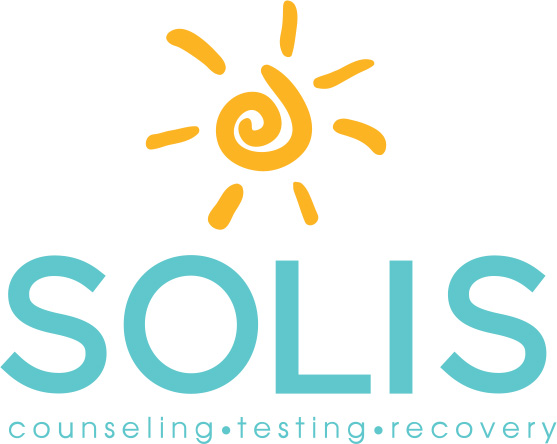"There is in every child at every stage a new miracle of vigorous unfolding." Erik Erikson
CHILD & PLAY THERAPY
Individual Therapy:
Every child has his own temperament, and sometimes, managing their environment and life stressors can be hard. Sometimes, issues arise that cause depression, anxiety and overall unease in the family or child themselves. Individual therapy is an excellent way to gain insight to one’s strengths, learn to use them to overcome weaknesses and resolve problems. Skills learned may include coping skills, anger management, stress management, family therapy, play therapy, assertiveness training and cognitive behavioral techniques to improve coping.
Play Therapy:
Have you noticed that children watch the same movie/show over and over again and then suddenly, one day, they are “done” with it and no longer want to see it? This is because children repeat patterns until they have fully understood them. Because imagination and play are “safe” emotionally (everything is just pretend, right?), play therapy is a great environment for children to improve coping, process issues, and overcome emotional issues. By incorporating play into a therapeutic context, the child can improve emotional regulation, increase self-esteem, and have a safe place to process issues and learn healthy ways of dealing with this “grown-up” world.
Sometimes your child “tells” you there is a problem in non-verbal ways. Please pay attention to the signs of depression, anxiety or other emotional problems.
Some are:
• Sleep problems
• Appetite changes
• Crying
• Excessive worry
• Nail biting
• Regressed behavior
• Anger outbursts
• Sudden onset of symptoms
• Isolation
• Lack of friends
• Poor school performance
• Decreased eye contact
Reasons to bring your child to therapy:
Problem solving
Parent/child relationship
Self esteem
ADHD
Improving school performance
Depression
Sleep problems
Temper tantrums
Anger management
Anxiety
Social phobia
Selective mutism
Building resilience
Grief
Coping
Bullying


